
An unprecedented cycle of climate disasters in South Sudan threatens more than 8 million people with acute food insecurity. Over 900,000 people are affected by floods across 29 counties in South Sudan, this includes Paguir in Jonglei State.
On World Food Day, Action Against Hunger is sharing the story of the community of Paguir, who have adapted in the face of a climate emergency by growing one of the ultimate food staples – rice – in floodwater.
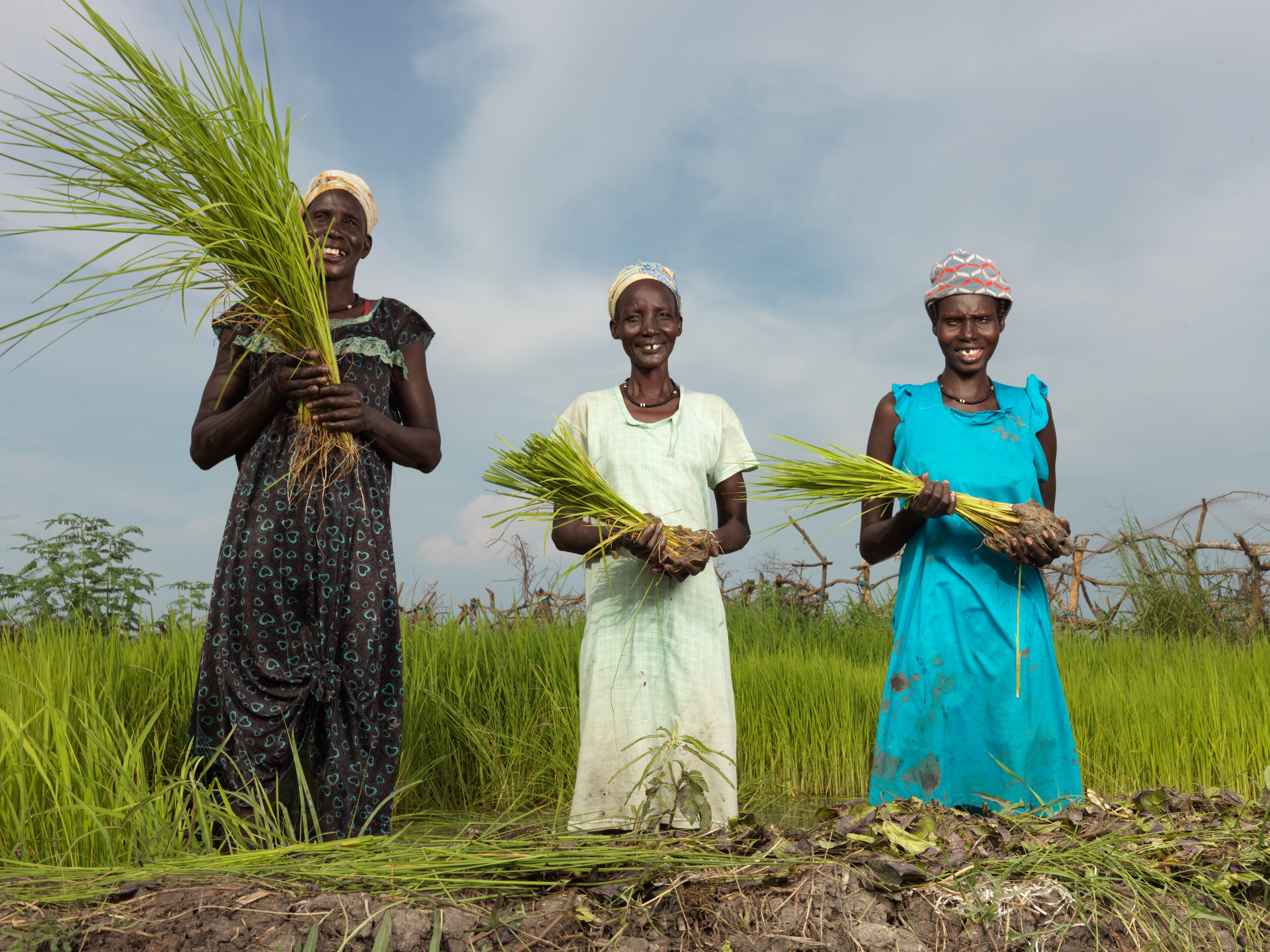
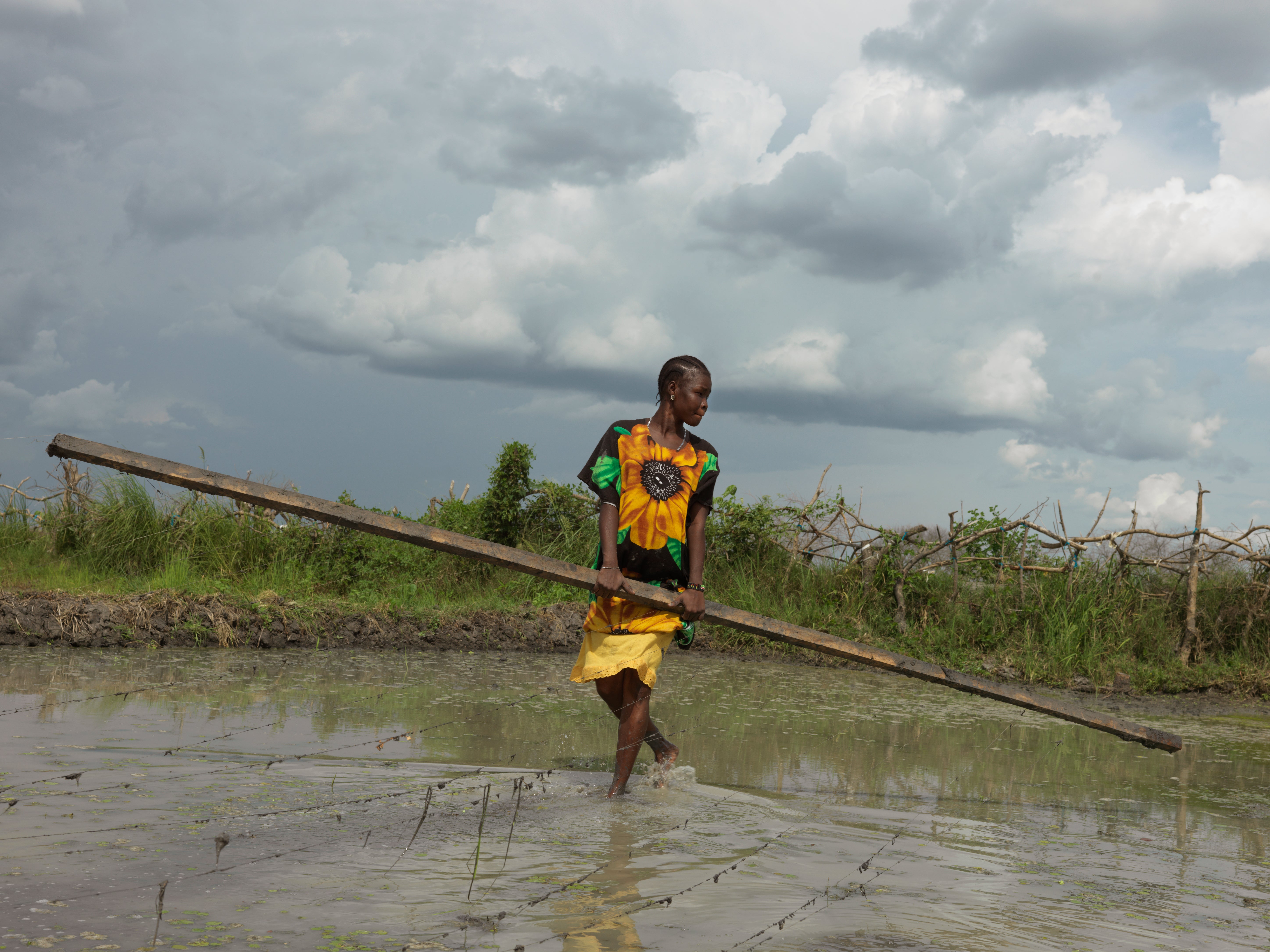
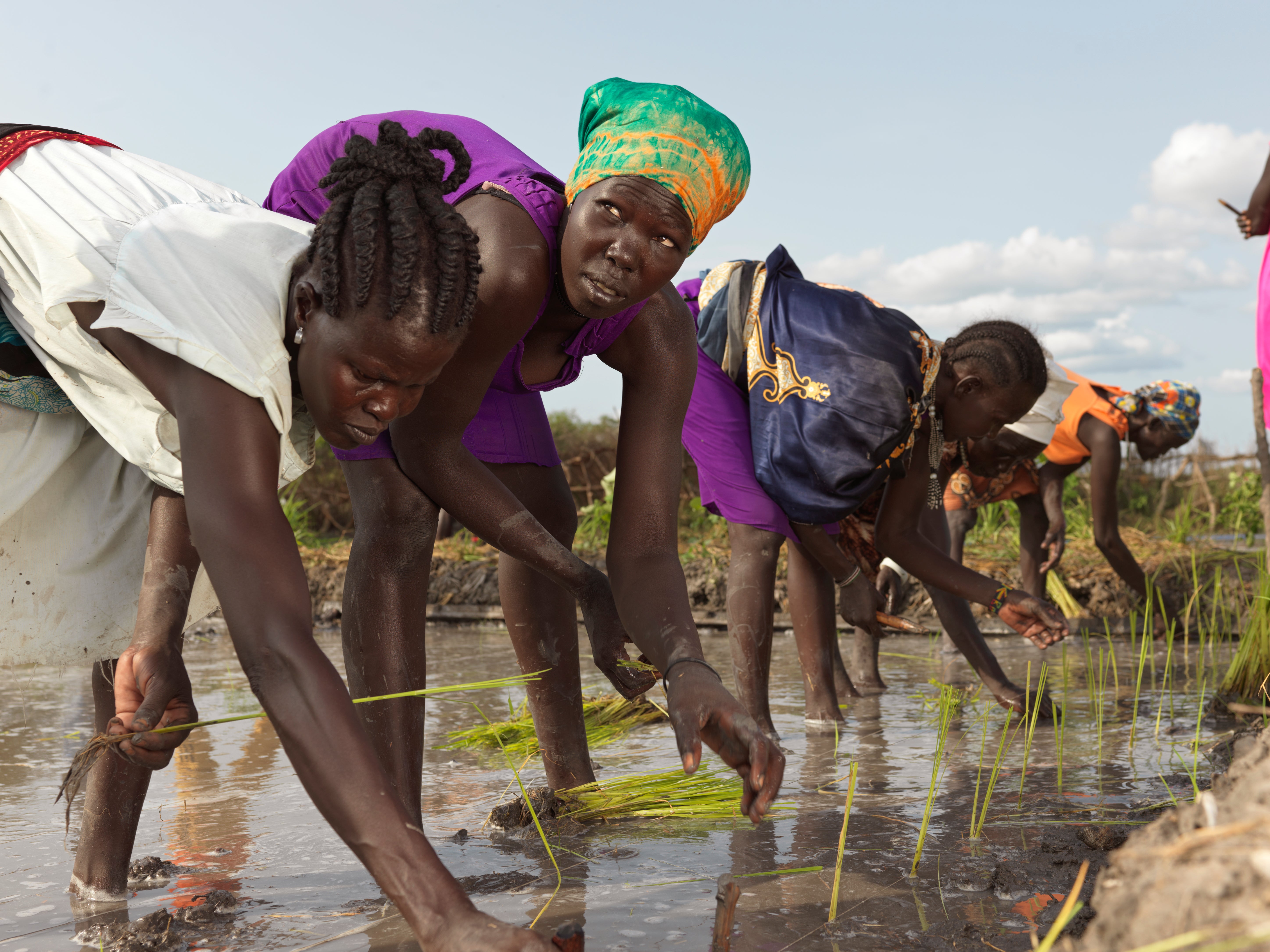
Floods destroyed homes and crops, with sustenance taking the form of water lilies which did not tackle the hunger problem. Despite the floodwater, which had seemingly cut the community off from the rest of the world, rice could still grow in the water and be harvested quickly for bountiful supplies of food.
Women and the community youth were taught by Action Against Hunger to build their own sustainable rice paddies, promoting gender equity and reducing violence amongst the youth respectively.
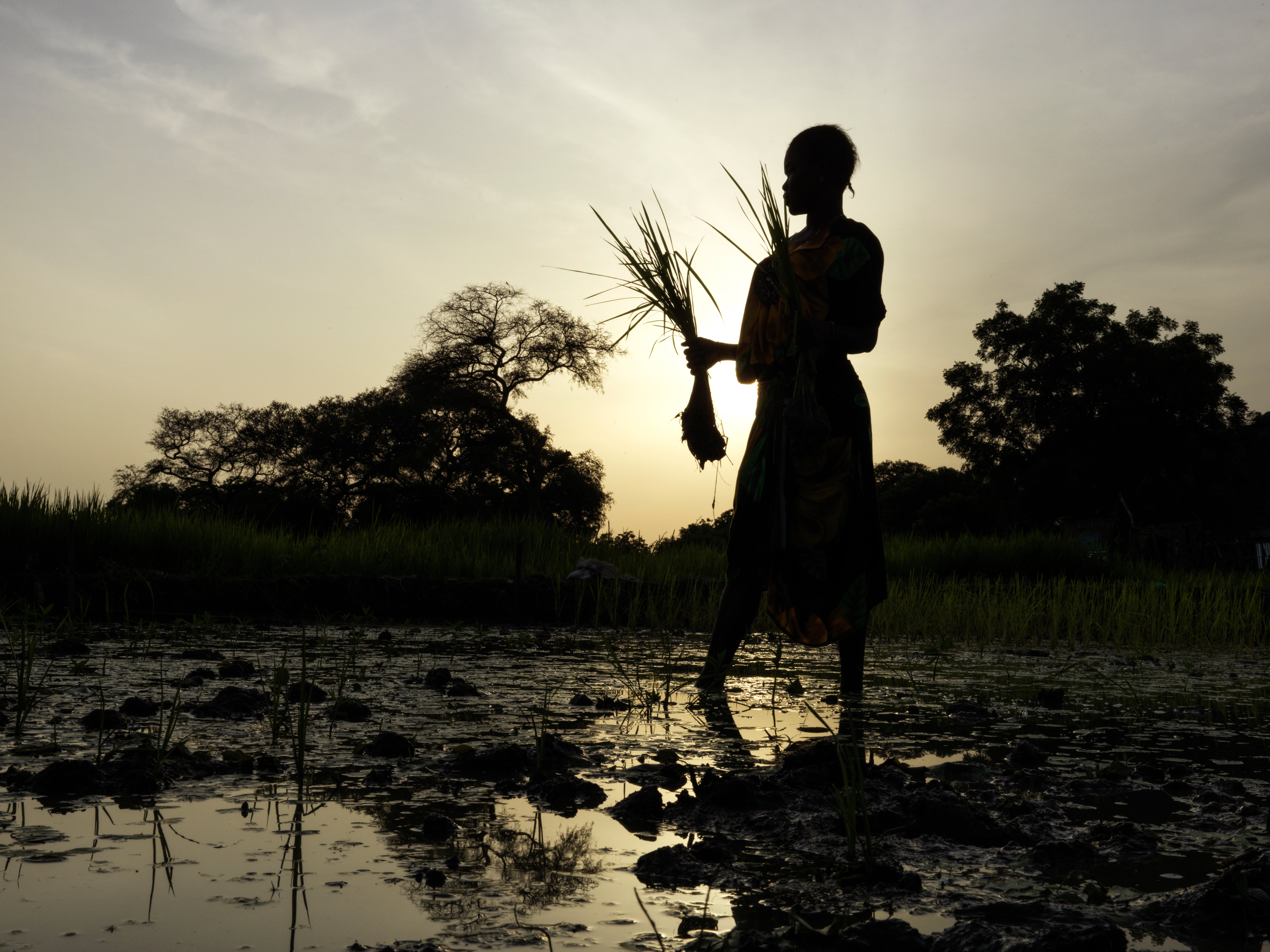
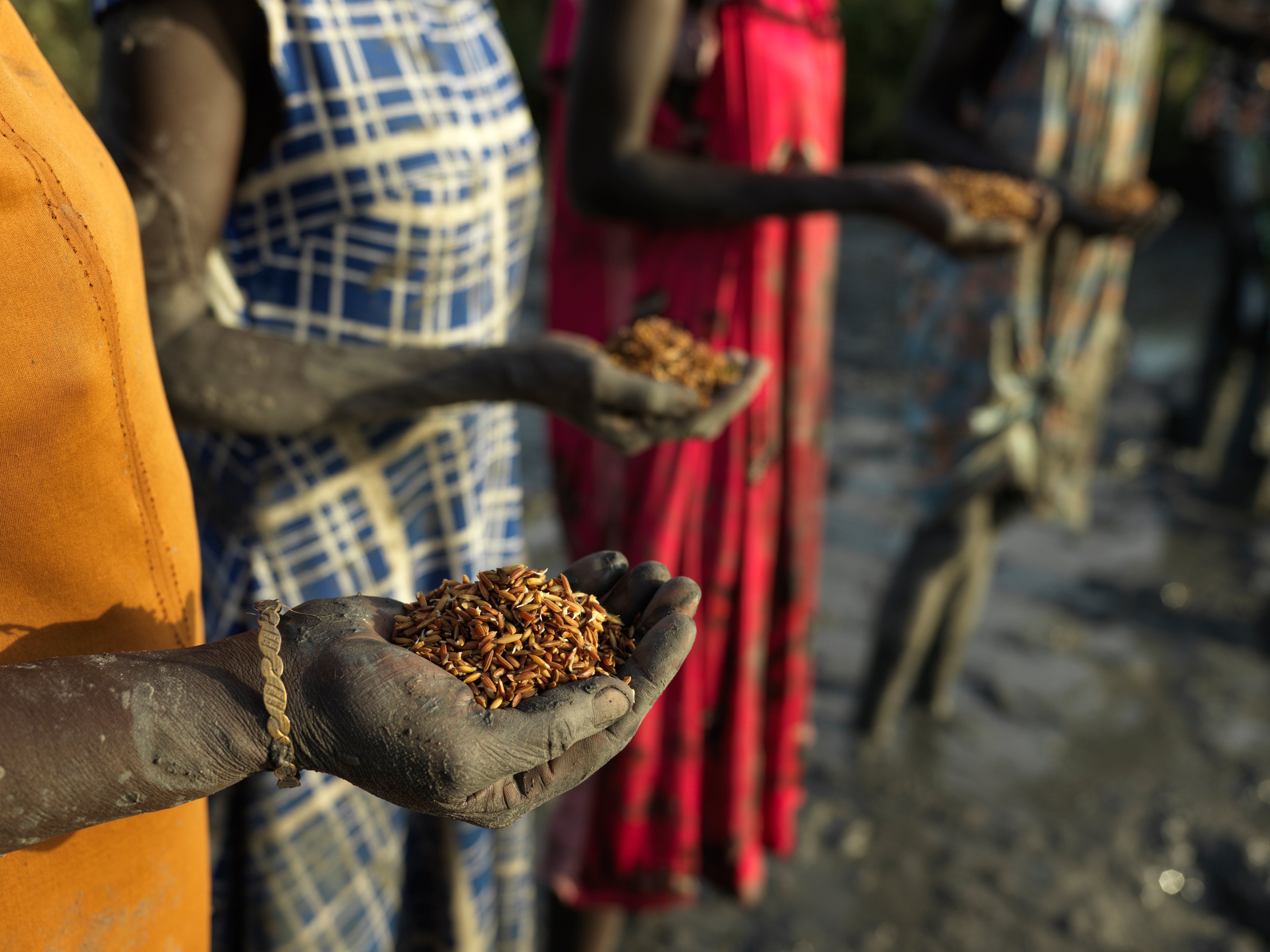
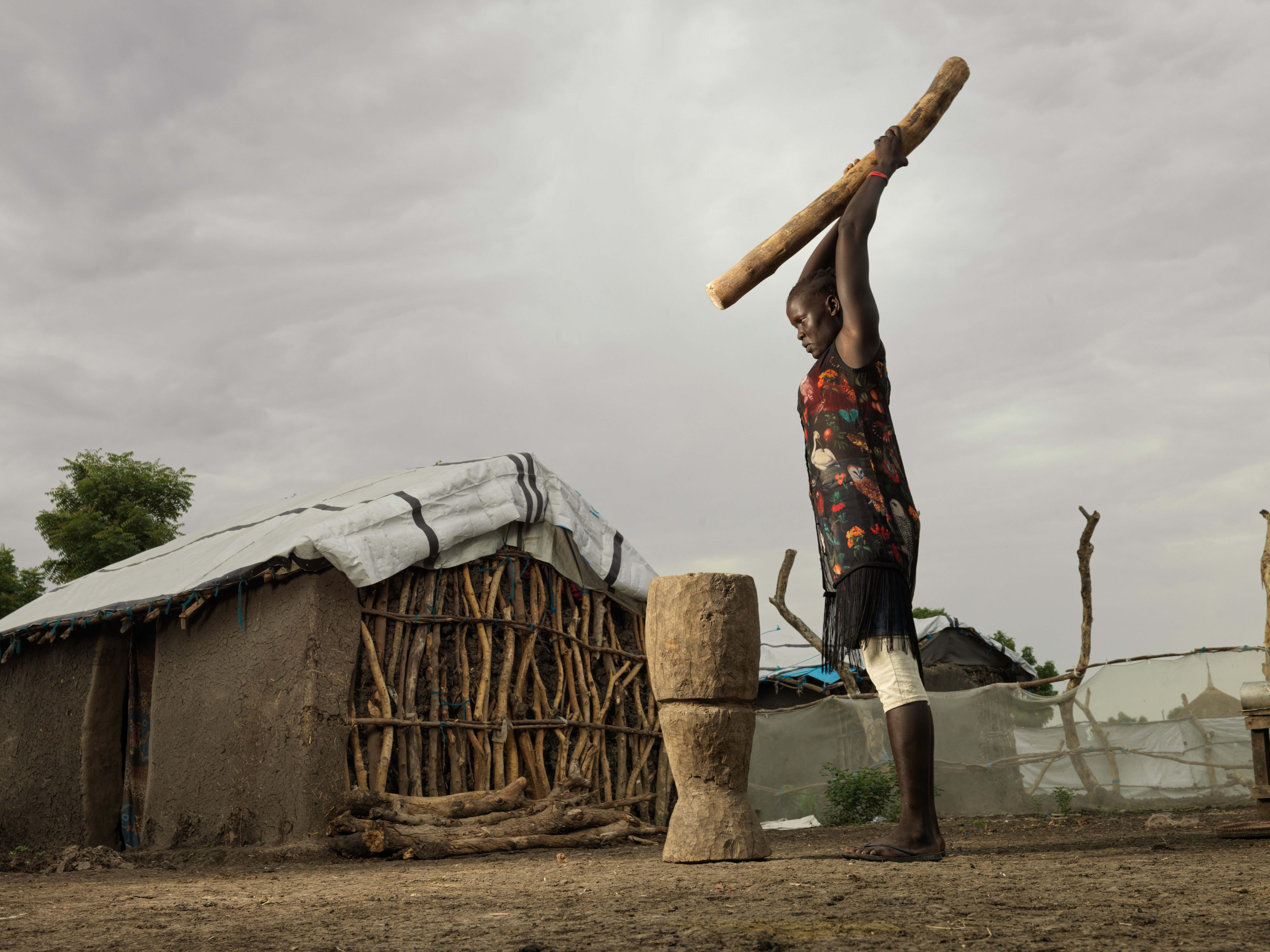
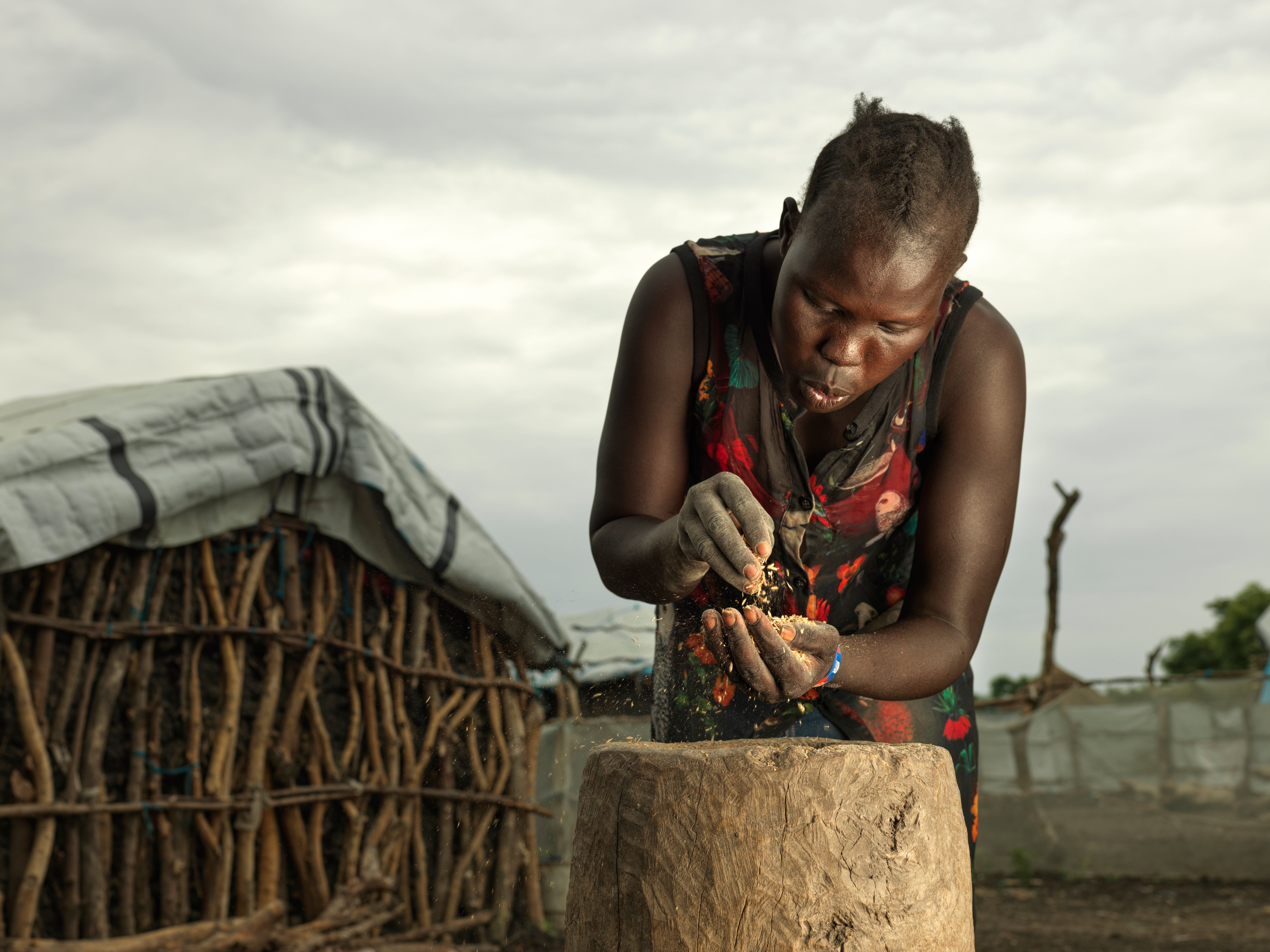
“The climate crisis has taken everything away from the people of Paguir and Old Fangak in South Sudan, but their determination to rise above floodwaters is a powerful story of climate resiliency,” said Action Against Hunger’s South Sudan Country Director, Sulaiman Sesay.
It has saved local lives and safeguards them for the future as flooding in the country continues.
We urgently need to find news ways to address the issue of hunger today, with a focus on sustainability as well as adaptability and is why Action Against Hunger is working with communities such as the one in Paguir.
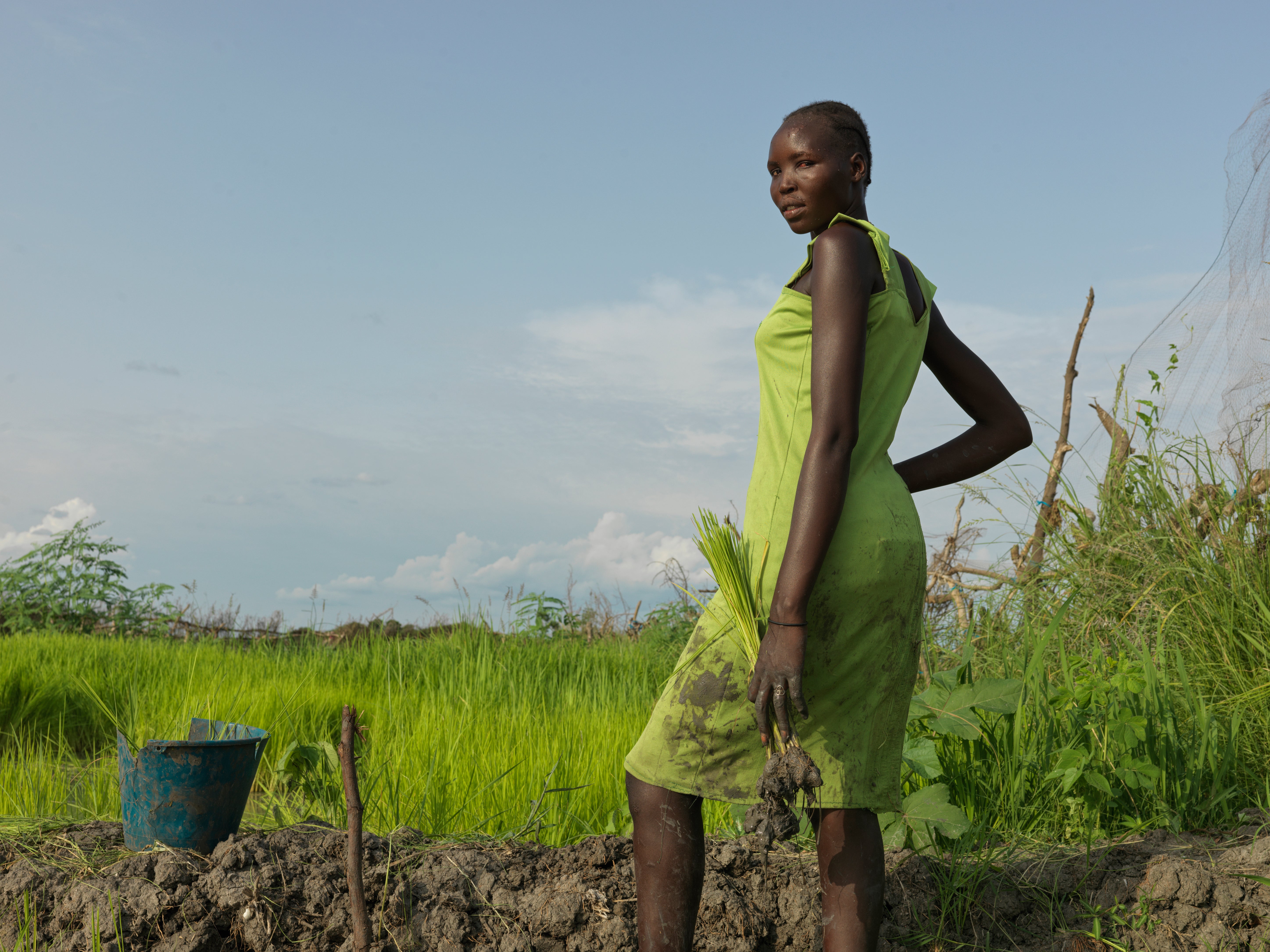
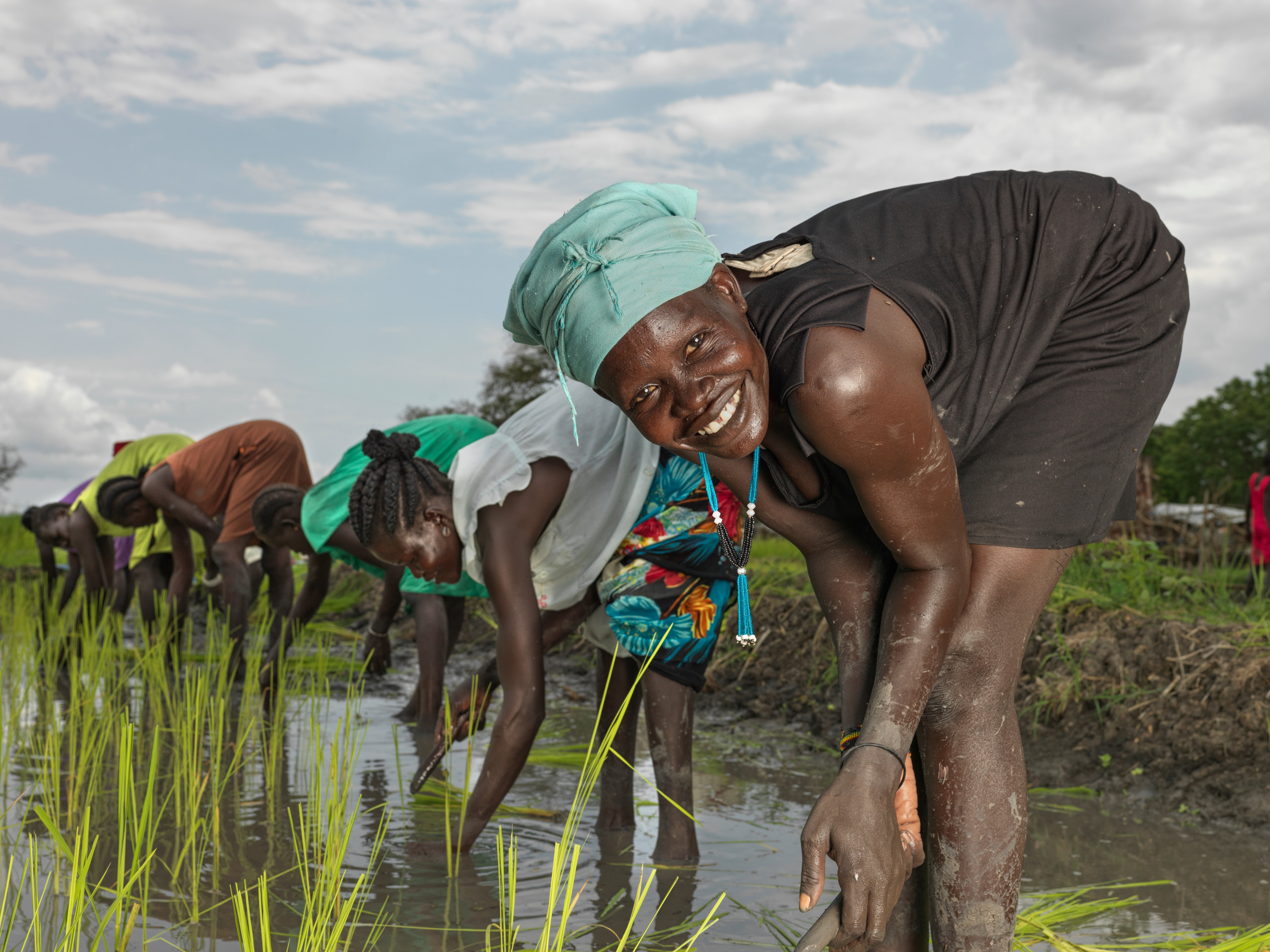
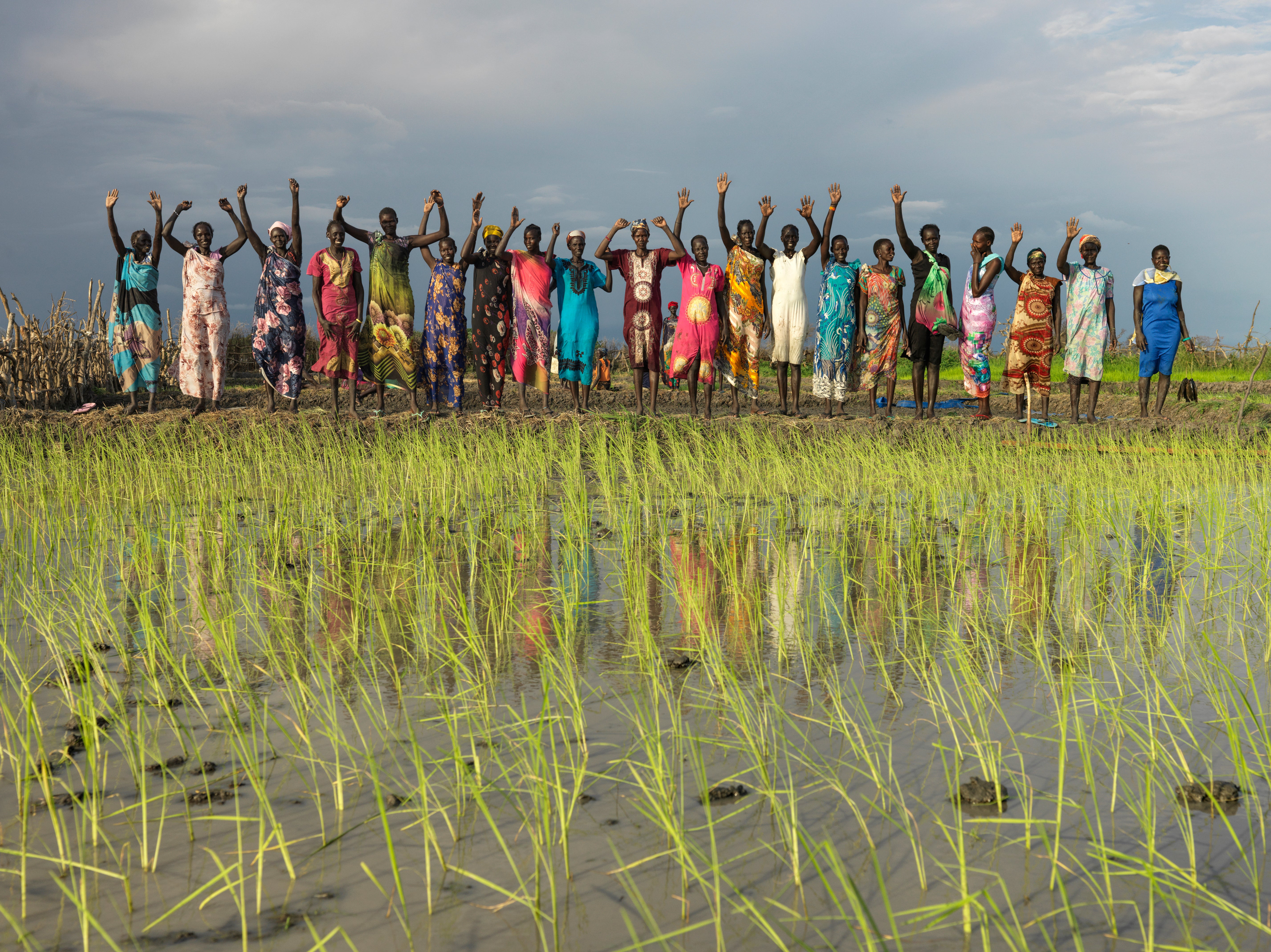
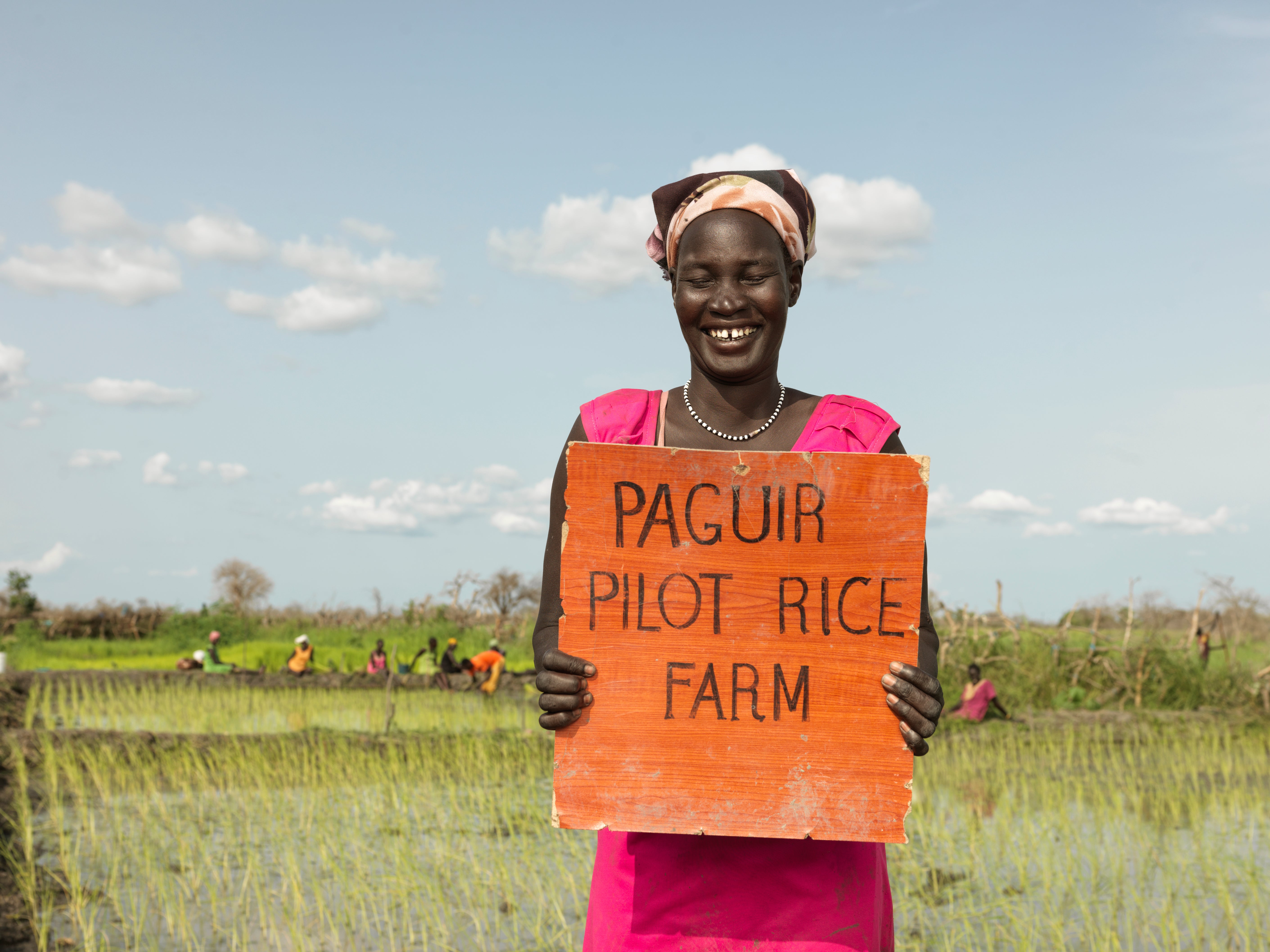
Find out more about Action Against Hunger’s work here







